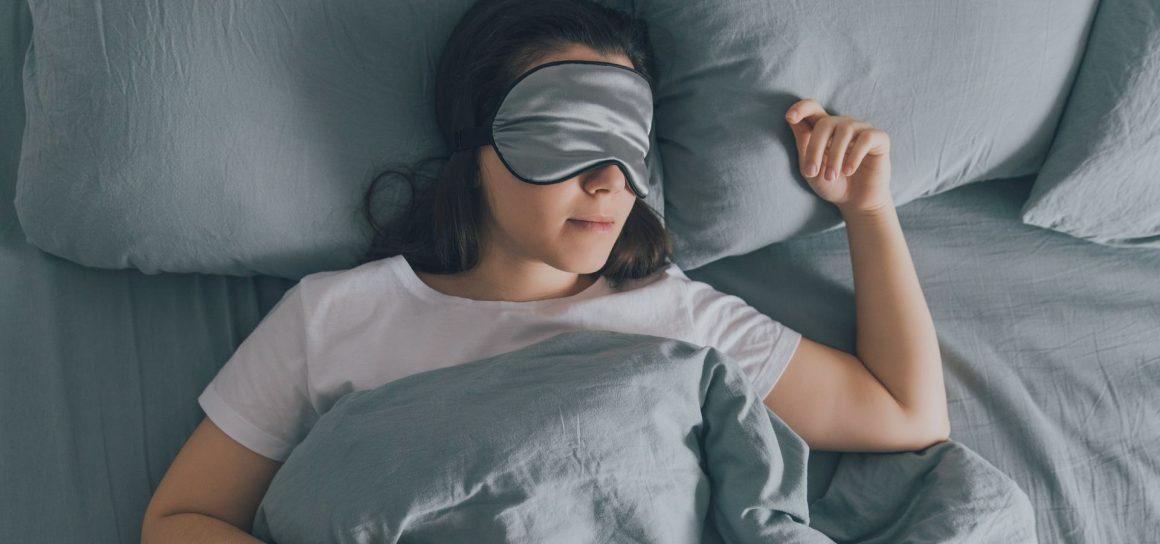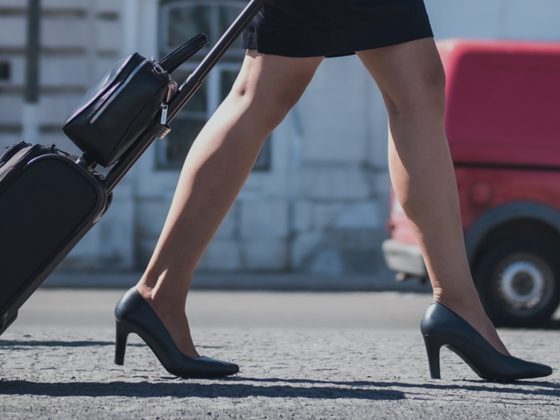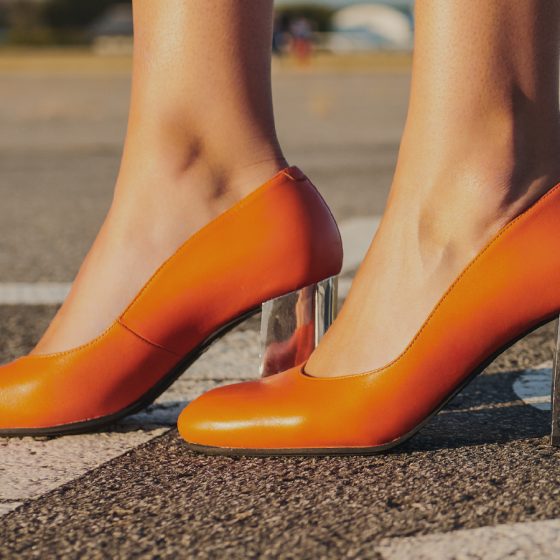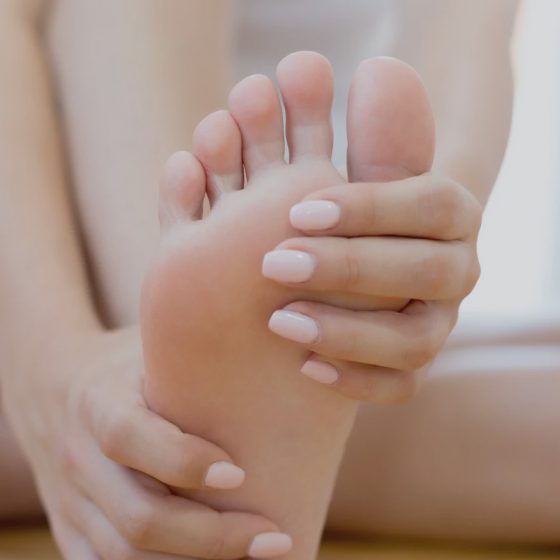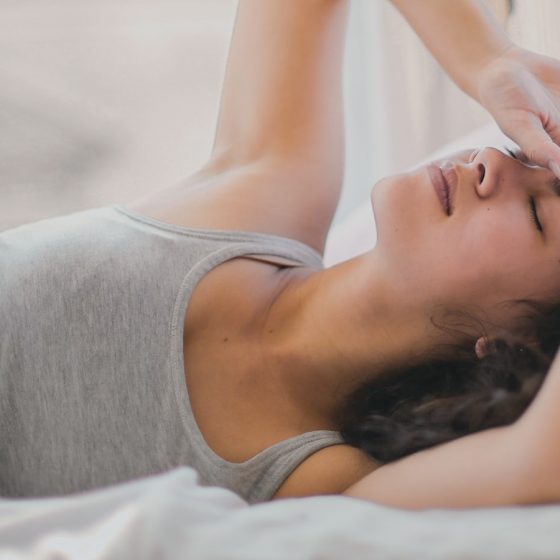Jet lag is an extremely common problem to every cabin crew and frequent flyers. As a brand that always cares with all aviation professionals, SKYPRO gives you some tips about how to cope with this disorder!
Jet lag is a temporary sleep disorder that can occur any time when you travel quickly across two or more time zones. The more time zones you cross, the more likely you are to be sleepy and more intense the symptoms are likely to be. This disorder is usually worst when you lose time travelling west to east.
The first cause for this sleep disorder is that rapid travel throws off our circadian rhythm, which is the biological clock that helps control our sleep routine. The circadian rhythm is regulated by light exposures, mealtimes, social engagement and other daily life routine. When you cross time zones your internal clock and the external time gets desynchronized so your circadian rhythm suffers a disruption.
Since is a physical syndrome, jet lag affects the whole body and causes symptoms like stomach upset, deep fatigue, absentmindedness, poor concentration and weakness. It usually takes three to four days to overcome naturally, however, for flight attendants, pilots and other aviation professionals is very difficult to overcome since they usually fly more than once per week to different clock times and latitudes.
There are several simple steps for every flight attendant, stewards and frequent flyers to easily surpass the sleep disorder:
1. Simulate your new schedule before you leave: If you are travelling east start moving bedtime earlier, if you are travelling west do the opposite.
2. Adapt to your new schedule while in flight: Change your watch when you get on the plane
3. Stay Hydrated: drink water before, during, and after your flight. Avoid alcohol and caffeine, it can disrupt sleep and may cause dehydration
4. Get exposed to natural light in the arrival place: Exposure to sunlight helps regulate our circadian rhythms.
5. Eat sensibly: Eating a fatty and heavy meal close to bedtime can be disruptive to sleep.
6. Take a hot bath before bedtime: A bath can ease sore muscles from travel and help you relax and wind down. It may also make you sleepy.
7. Minimize sleep distractions: An eye mask or earplugs may help you sleep, try to remove distractions in your room at bed time.
8. Take daytime naps: It is fine to take some naps after you arrive. Try to keep them short so they don’t interfere with your night time sleep.
